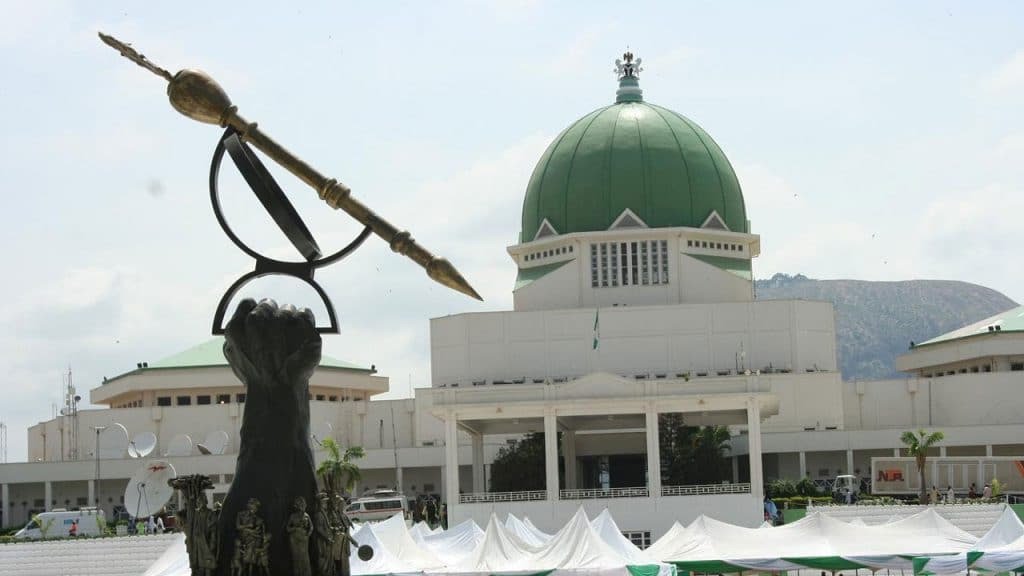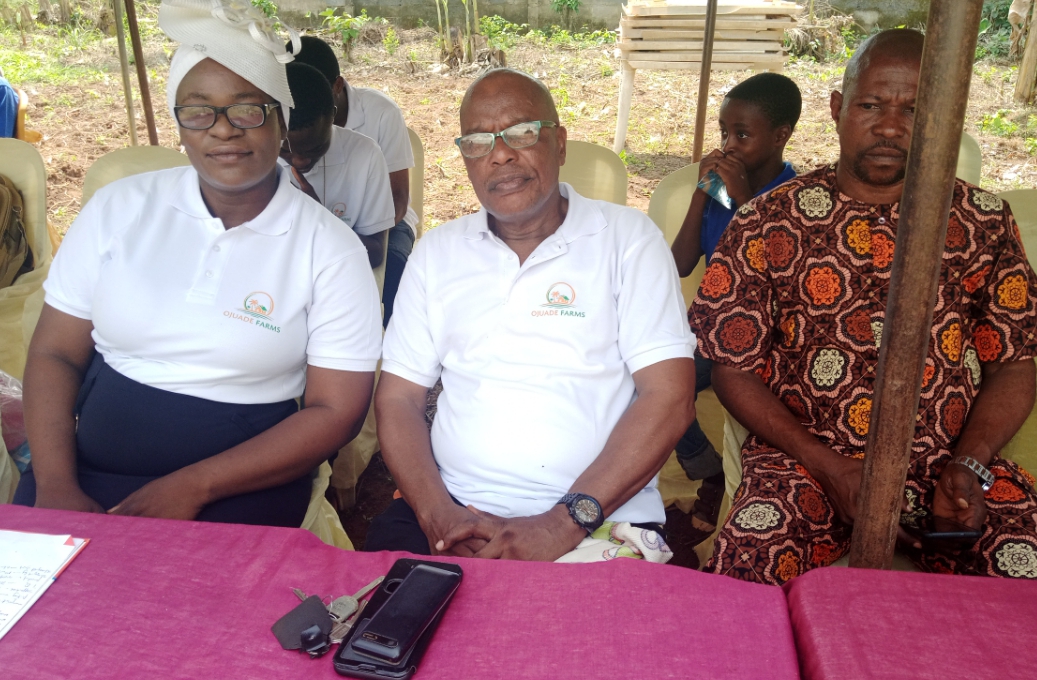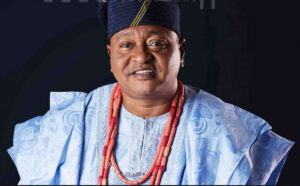Breaking the 26-Year jinx: Nigeria’s Parliament Finally Acts on Audit Accountability
By Joshua Afolabi
For the first time since Nigeria’s return to democratic governance in 1999, the House of Representatives has officially adopted the recommendations of the Public Accounts Committee (PAC) based on the 2019 and 2020 Auditor-General’s reports—a historic step toward public sector accountability after more than two decades of neglect.
At the centre of this landmark decision lies a troubling discovery: ₦103.8 billion and $950,912.05 in public funds remain unaccounted for, misappropriated across 31 ministries, departments, and agencies (MDAs).
Presenting the motion, PAC Chairman Rep. Bamidele Salam declared, “This is not just a matter of numbers; it’s a matter of national integrity. We must bridge the accountability gap and reclaim the public trust.”
A Quarter-Century of Inaction
Since 1999, Auditor-General’s reports detailing systemic financial breaches have routinely been ignored by lawmakers. Mr. Patrick Giwa, former Clerk of the House and pioneer PAC Clerk, lamented: “PAC members draft hundreds of reports with thousands of recommendations. But none have been considered. It’s a national embarrassment.”
Mr. Giwa revealed that Auditors often face not just bureaucratic obstacles but also physical threats while probing MDAs. His remarks underscored the long-standing culture of impunity that rendered Nigeria’s audit process ineffective.
When he assumed office, Rep. Salam pledged to change this reality. “This time, we will work harder, smarter, and in a manner that will ensure we recover quite a whole lot of ground. There are lots of expectations from the leadership of the House and from Nigerians,” he said during the PAC’s inaugural meeting.
Two years later, the Committee has delivered on that promise, culminating in the House’s unanimous adoption of the reports.
A Turning Point in Legislative Oversight
Presiding over the historic session, Deputy Speaker, Hon. Benjamin Kalu hailed the decision as a defining moment saying: “This is a long-overdue national responsibility. Today, we have chosen accountability.”
While some lawmakers argued for a detailed clause-by-clause review, the majority voted to adopt the general recommendations—signaling rare political will from the Parliamentarians who also crave for change.
What the Audits Exposed:
The Auditor-General’s findings revealed systemic mismanagement, including: Bank of Agriculture – failure to recover over ₦75 billion in loans; Federal Ministry of Foreign Affairs – unauthorized spending at the Nigerian Embassy in Ethiopia involving hundreds of millions; Rural Electrification Agency (REA) – ₦1.3 billion spent without proper approvals; Nigeria Customs Service – inconsistent revenue remittances; Federal Ministry of Industry & NEPZA – procurement violations and illegal retention of assets.
Additional breaches ranged from unremitted internally generated revenue to irregular salary disbursements and unauthorized allowances.
Expectations from the Civil Society and the Next Steps:
Following the adoption, the Paradigm Leadership Support Initiative (PLSI) announced plans to petition the ICPC and EFCC to recover the misappropriated funds.
“This is a pivotal moment. For the first time in 26 years, the audit cycle has been completed. Now, enforcement must follow,” Deputy Speaker Kalu reiterated.
PLSI also urged the Senate to pass the long-pending Federal Audit Service Bill, already approved by the House, to give the Auditor-General’s office financial and legal autonomy.
A Test of Democracy
For Nigeria, where corruption and mismanagement have eroded public trust, the decision marks a crucial democratic test. As Kalu put it, “Accountability is the bedrock of good governance. If we fail at this, we fail the people.”
Rep. Salam assured Nigerians of continued vigilance: “We will work harder and smarter to ensure we not only uncover irregularities but enforce accountability.”
Whether this bold move leads to lasting reform—or fades into yet another cycle of inaction—remains the defining question for Nigeria’s democracy.
What Lies Ahead?
EFCC & ICPC – Expected to act on PAC’s findings and begin fund recovery.
Senate Passage of Audit Bill – Pressure mounts for the Senate to send the bill to President Bola Ahmed Tinubu for assent.
PAC Oversight – The committee must ensure MDAs comply with its recommendations.
Civil Society Role – Groups like PLSI vow to closely track enforcement and recovery efforts.
After 26 years of silence, Nigeria’s parliament has finally spoken. Now, the nation waits to see whether this voice will lead to real accountability—or yet another missed opportunity.















Post Comment